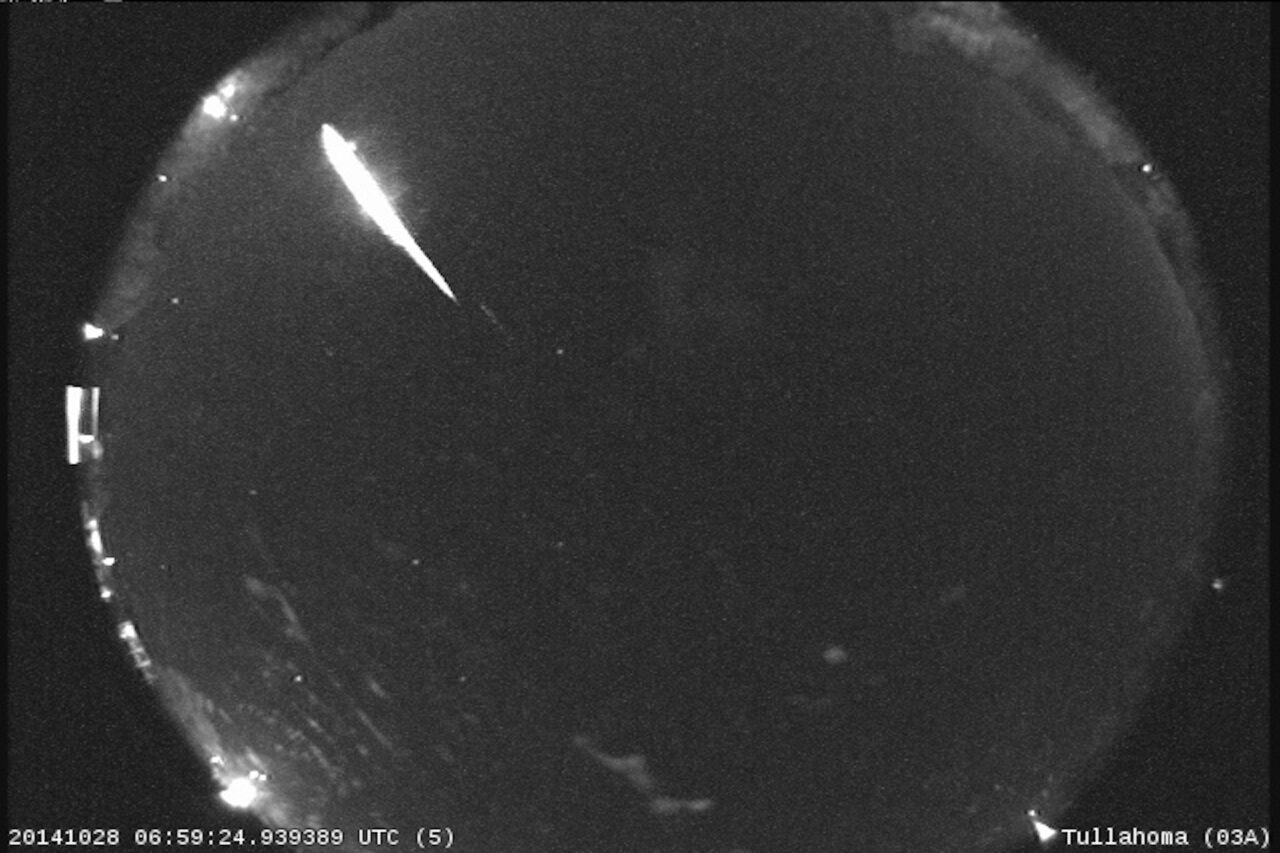Recent research has unveiled significant discoveries in human sensory perception and the movement of the solar system through the galaxy. On November 15, 2025, a report published by Chris Packham on Phys.org highlighted two groundbreaking studies: one revealing humans possess a form of “remote touch,” and another indicating that the solar system is traveling at speeds three times faster than previously estimated.
Human Sensitivity Surpasses Expectations
A study conducted by a team of researchers has found that humans can detect hidden objects through touch, similar to the way certain shorebirds locate prey beneath the sand. This ability, referred to as “remote touch,” suggests that human sensory capabilities extend beyond the five traditional senses. The study indicates that the sensitivity of human fingertips is extraordinary; if scaled to the size of Earth, a fingertip could discern the difference between a house and a car through touch alone.
In experiments, participants were asked to locate hidden cubes in sand using only their fingers. Remarkably, they demonstrated a level of sensitivity comparable to that of sandpipers, despite lacking the specialized beaks these birds possess. The findings suggest that human hand sensitivity “approaches the theoretical threshold of what can be detected from mechanical reflections in granular material,” providing new insights into human tactile abilities.
Linking Genetics to Neurological Disorders
In a separate study originating from Oslo, researchers have established genetic connections between various neurological and psychiatric disorders. The analysis, which examined genetic data from over 1 million individuals, indicates that conditions such as migraines, strokes, and epilepsy share genetic risk factors with psychiatric disorders like schizophrenia and depression.
First author Olav Bjerkehagen Smeland emphasized the importance of these findings, stating, “We found that psychiatric and neurological disorders share genetic risk factors to a greater extent than previously recognized.” This suggests a shared biological basis for these disorders, challenging the traditional view that they are separate entities. The research highlights that genetic susceptibility to certain conditions, such as stroke and Alzheimer’s disease, is linked to underlying brain biology, offering potential avenues for future research and treatment.
Solar System’s Unexpected Speed
In yet another significant finding, astronomers utilizing the LOFAR telescope network have discovered that the solar system is moving through the galaxy at speeds approximately three times higher than current models predict. This revelation has profound implications for our understanding of the universe’s structure.
Professor Dominik J. Schwarz, a co-author of the study, remarked, “If our solar system is indeed moving this fast, we need to question fundamental assumptions about the large-scale structure of the universe.” The research team measured the distribution of distant radio galaxies to determine solar system motion. Their analysis revealed an anisotropy in the distribution of these galaxies, indicating a deviation that exceeds five sigma—a statistically significant result.
These findings not only deepen our understanding of human sensory perception and neurological disorders but also challenge existing theories about the solar system’s dynamics. As science continues to unveil new insights, the implications for both individual health and our cosmic environment remain vast and intriguing.







